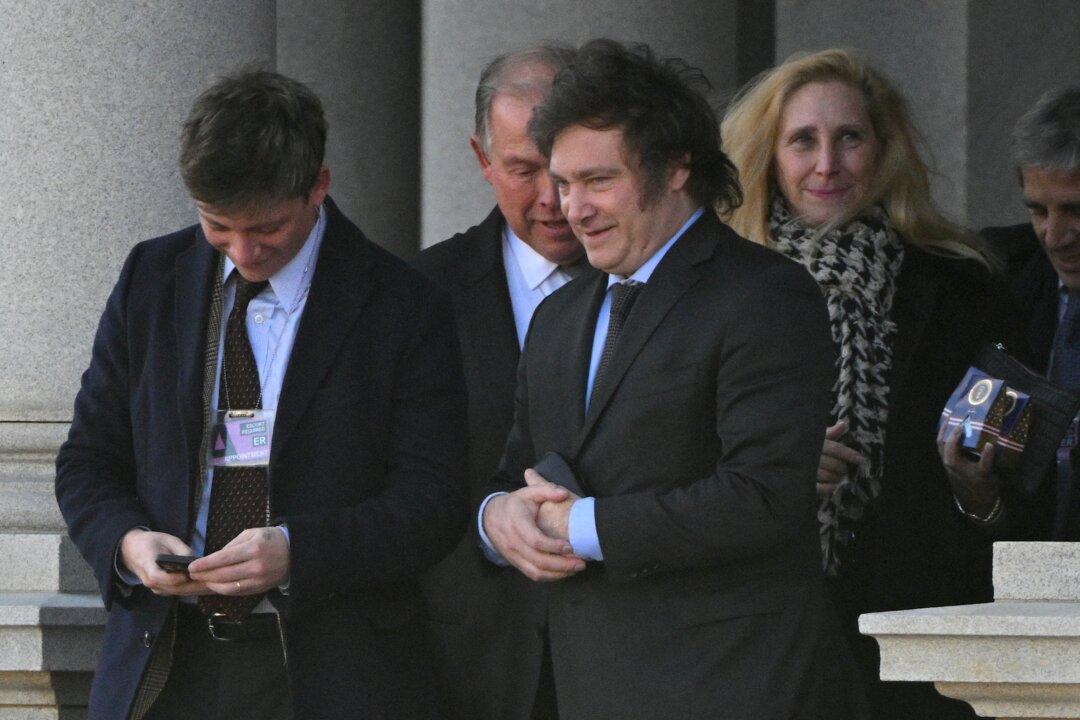Argentine President-elect Javier Milei and members of his team held meetings on Nov. 28 with Biden administration and International Monetary Fund (IMF) officials as part of efforts to bolster support for his country’s inflation-ravaged and debt-laden economy.
After the White House meeting, Mr. Milei’s office shared on X, formerly Twitter, that the new leader had a “positive meeting” with White House national security adviser Jake Sullivan.





